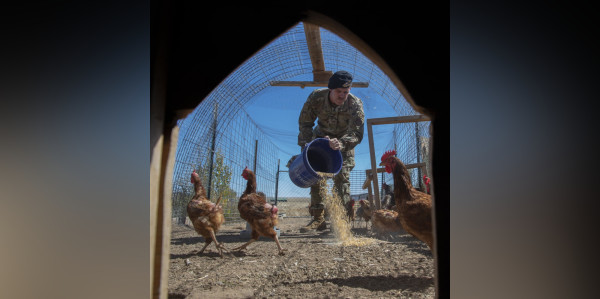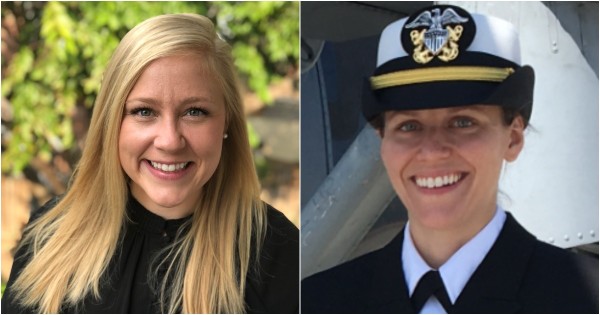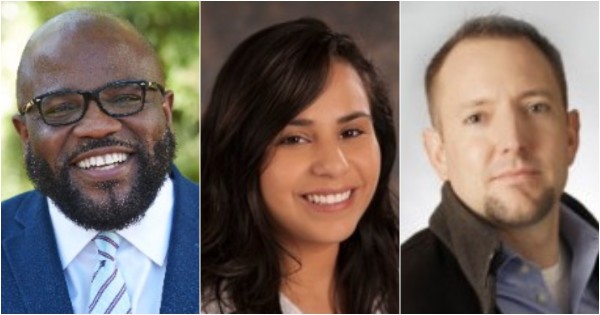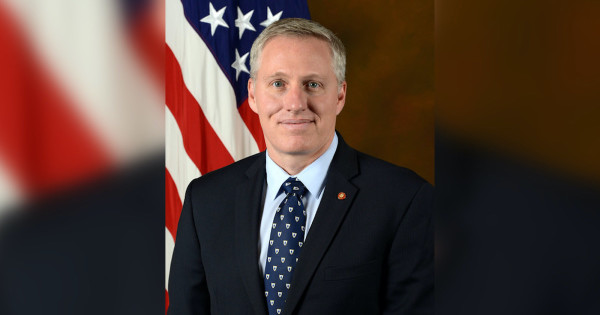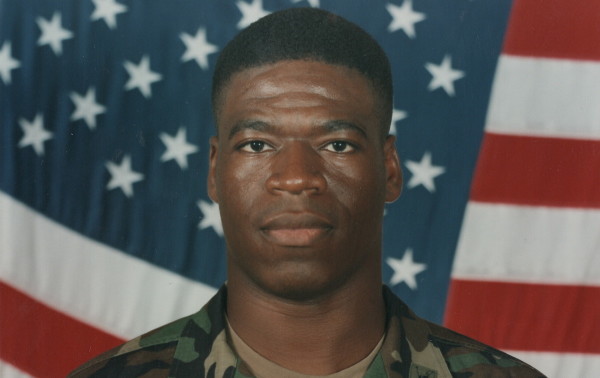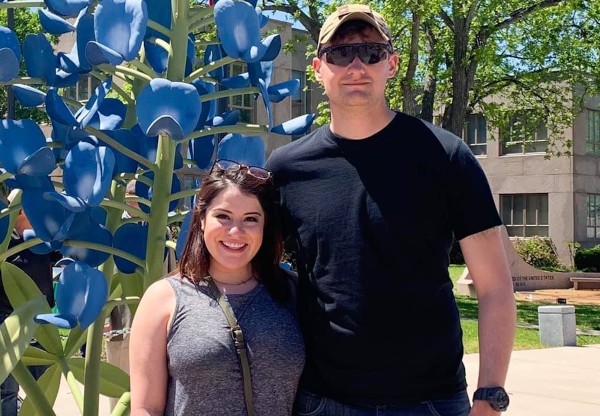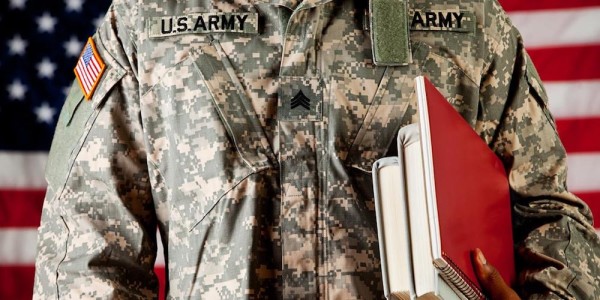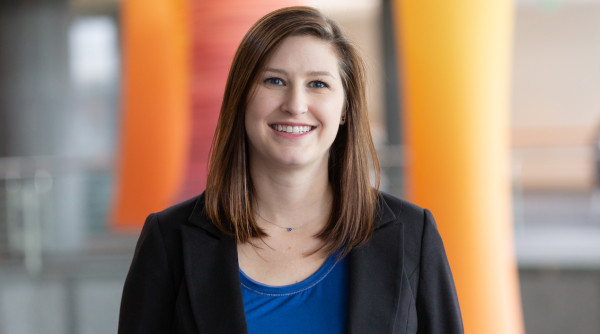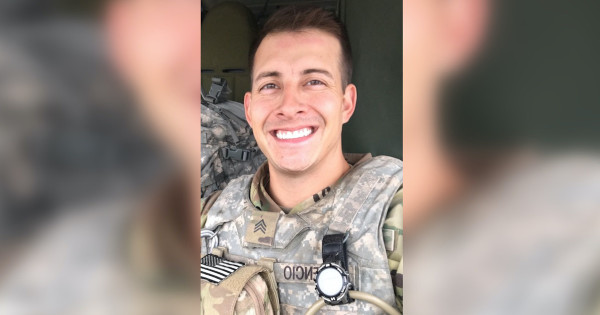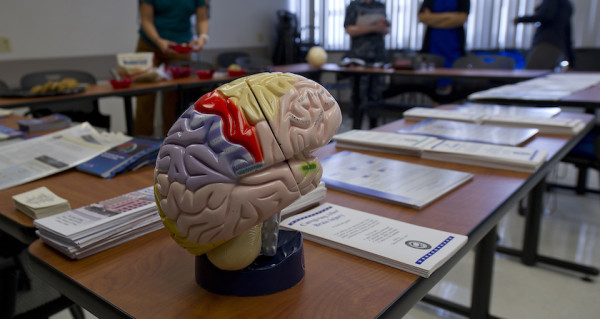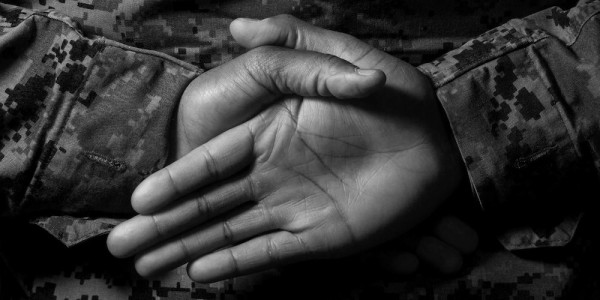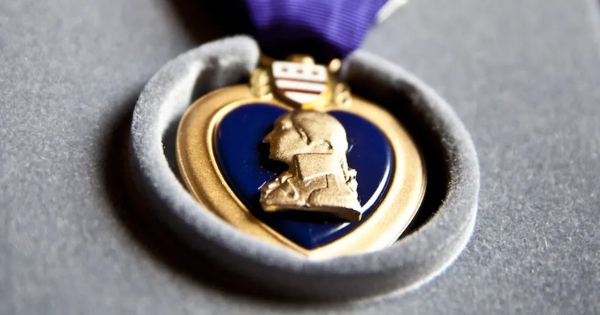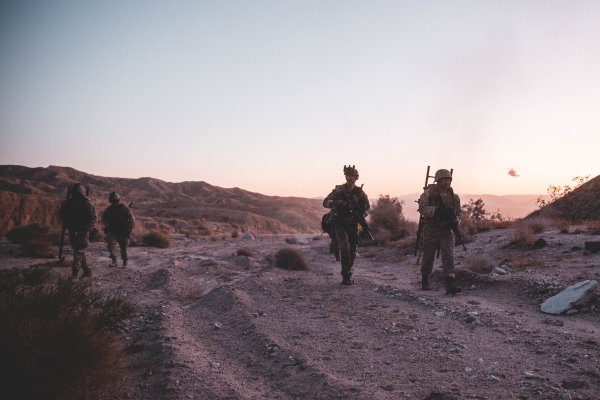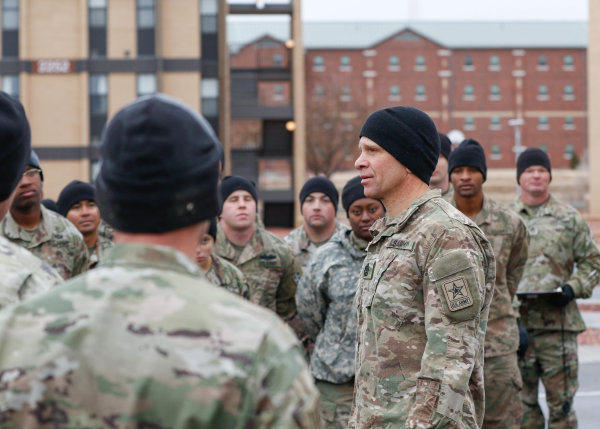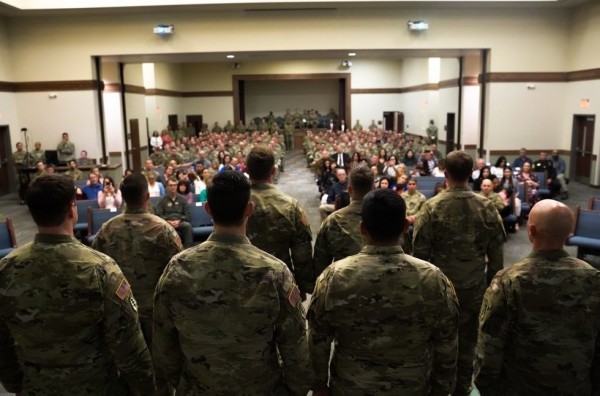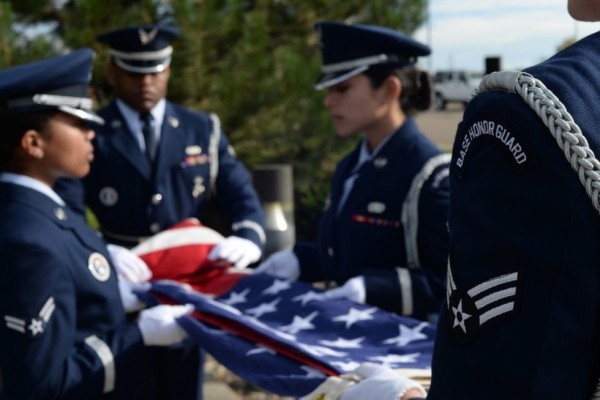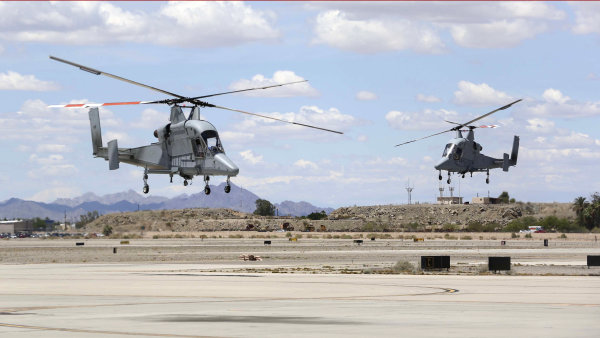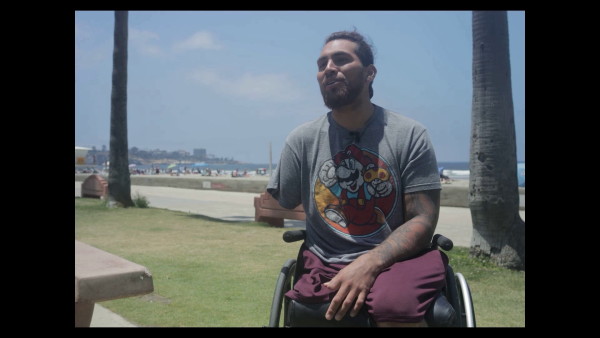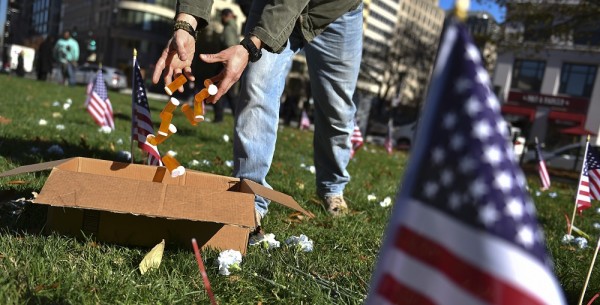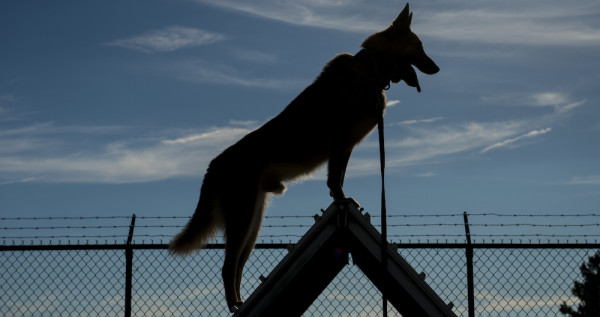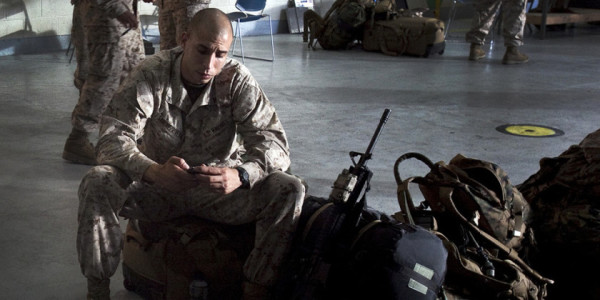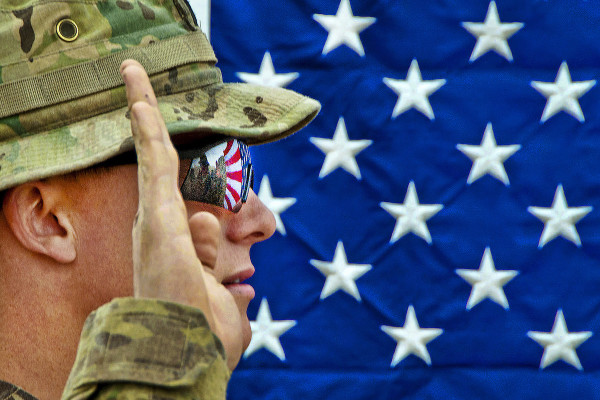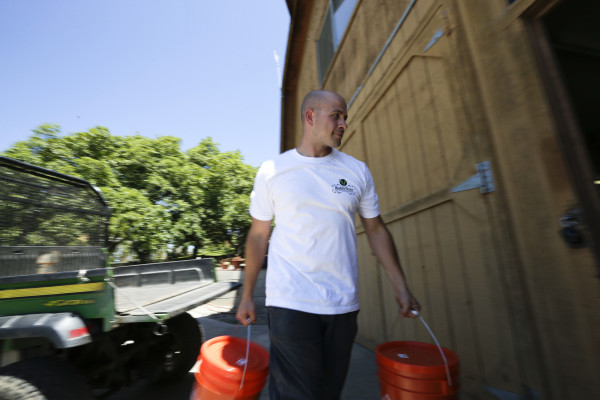The United States Department of Agriculture wants to put vets out to pasture — literally.
In a new article published to the Defense Visual Information Distribution Service on Monday, the USDA warns that American farmers, whose average age is 58, are dying out, and now the department is reaching out to vets to persuade them to take their place.
“In my opinion, there is no other group of people out there used to hard work, waking up early, late hours and who are mission focused than our veterans,” said Bill Ashton, a USDA military veteran agricultural liaison. “Veterans are extremely resilient. This is a business with many aspects to it; it’s hands-on hard work, and that’s why they’re a good fit for agriculture.”
So, from the USDA’s point of view, veterans who loved unforgiving and unpredictable manual labor in the military will enjoy a life of farming at a time when extreme weather, falling prices and farm bankruptcies are leading many farmers to take their own lives.
The U.S. Department of Agriculture sees the military veteran population as a practical solution to America’s dwindling farmer population. As a result, USDA officials are seeking to help veterans get started in farming.(DVIDS photo / G. Anthony Riis)

Still, despite the obstacles, many veterans are way ahead of USDA. Organizations such as the 13,000-member Farmer Veteran Coalition and the Veterans to Farmers program have sprung up in the past 15 years specifically for recent veterans who are new to the farming business.
“You don’t have to call it therapy if you don’t want to, just get some vets out there with their hands in the dirt and the therapy will happen all on its own,” says Air Force vet Richard Murphy, founding member and executive director of VTF, on the program’s website.
The potential mental health benefits of farming are part of USDA’s pitch to veterans. The DVIDS release quotes Vietnam War veteran Joseph Padgett as saying “working with nature helped me psychologically … it help veterans come back to who they were before they went into the service. It helped me.”
Marine Capt. Patrick Keplinger, a computer network service division officer shows off a plant in a hydroponic greenhouse at Archi’s Acres in Escondido, Calif., Aug. 4, 2011. Keplinger recently completed the six-week Veterans Sustainable Agricultural training program.(Marine Corps photo / Pfc. Kevin Crist)

For those who want a monetary incentive, the release pointed to the wide variety of careers in agriculture, including ranching, crop grading, food safety inspection, accounting, information technology, marketing, research and even firefighting.
The USDA also said it would provide business loans and grants for veteran entrepreneurs, and pointed out that veteran farmers and ranchers are often preferred by the department’s farm credit and conservation programs.
Individual states also provide support, the release said. For example, Padgett is a participant with the Kentucky Proud program, which promotes a marketing initiative that places a Homegrown by Heroes logo on veteran-grown farm products.
The Kentucky Department of Agriculture and the Kentucky Proud program also matches veterans needing immediate employment with farmers who need quality workers, thereby giving vets a stable income and on-the-job training for a farming career, the article said.The DVIDs release also quoted a USDA official as saying that 40% of service members are from rural America, however that figure has been disputed in the past as a vast overstatement.
Farming’s tough, Padgett said, but it has some perks over your typical 9-to-5.
“If you’re someone who enjoys nature, farming offers you the solace you need and rewarding while at the same time letting you get back to living on your own timetable,” he said.

